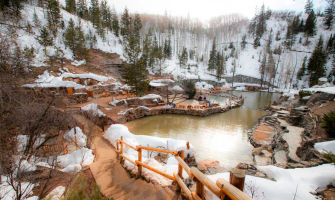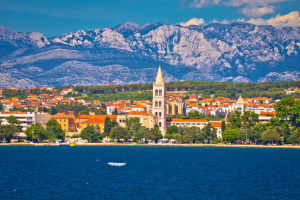Top 6 Reasons Why California is Running Out of Water
California, known for its sunny beaches and thriving agricultural industry, is currently facing a severe water crisis. The state has been struggling to manage ... read more...its water supply for several years, with many parts of the state experiencing drought conditions. There are several reasons why California is running out of water.
-
Drought conditions occur when there is a prolonged period of below-average precipitation, resulting in reduced water levels in rivers, lakes, and reservoirs. California has been facing its worst drought in over a century, which has put significant stress on the state's water supply. In fact, California has been in a drought for nearly a decade, with the state experiencing five of its driest years on record since 2011.
The lack of rainfall has led to a significant reduction in the amount of water available for use in California, particularly for agriculture. The state's agricultural industry is one of the largest in the world, and it requires vast amounts of water to irrigate crops. The reduction in water supply has led to lower crop yields, higher food prices, and even the loss of jobs in the agricultural sector.
Furthermore, the drought conditions have also led to a rise in wildfires, which have further exacerbated the state's water shortage. The wildfires have destroyed vegetation that would have otherwise absorbed water and reduced soil moisture, making it harder for the soil to retain water when it does rain.
The impact of drought conditions has been felt across the state, with some communities being hit harder than others. In many areas, residents have been forced to reduce their water usage, with restrictions placed on outdoor watering, car washing, and other non-essential activities.
The state government has taken several measures to address the water crisis, including investing in water conservation efforts and infrastructure improvements. However, the severity of the drought conditions means that more needs to be done to ensure that California has a sustainable water supply for the future.
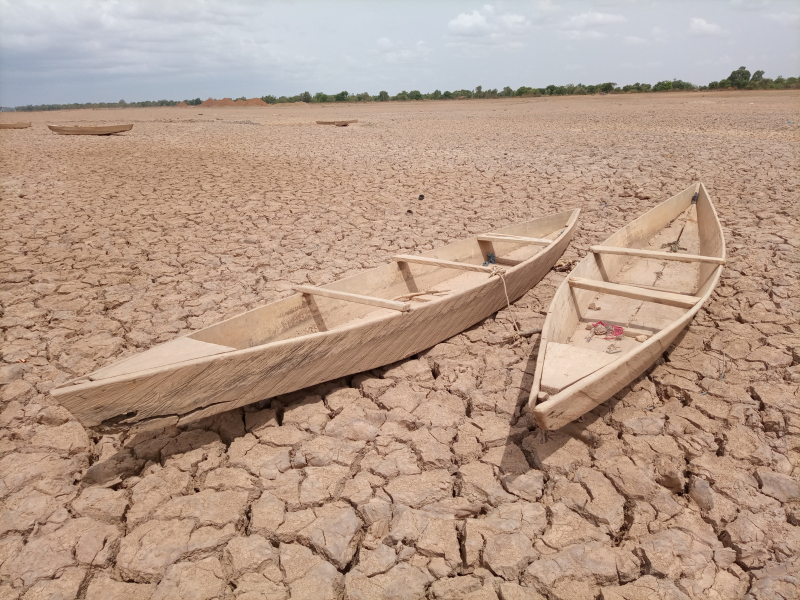
YODA Adaman on Unsplash 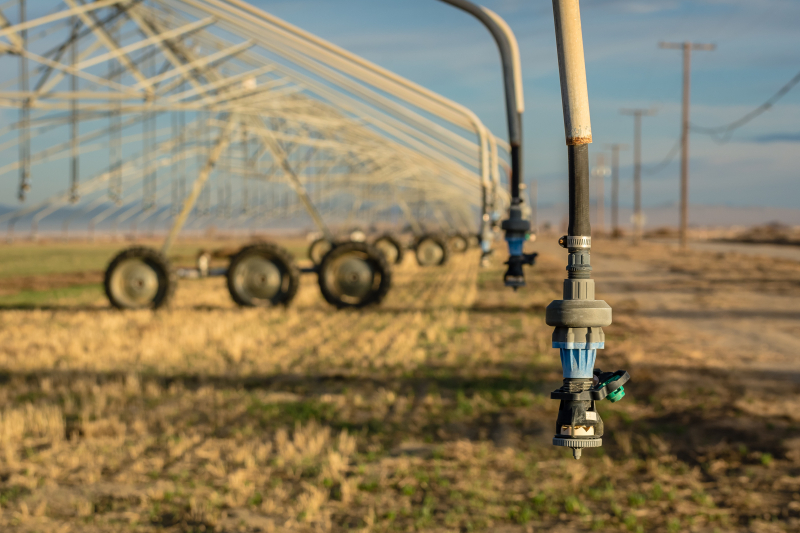
Steve Harvey on Unsplash -
California's population has been steadily increasing over the years, leading to greater demand for water. According to the US Census Bureau, California's population is estimated to have reached 39.5 million in 2020, making it the most populous state in the US. As the population grows, so does the demand for water. In addition to this, California is home to a large agricultural industry, which requires vast amounts of water to irrigate crops. Agriculture accounts for around 80% of the state's water use.
The increased demand for water has put a significant strain on California's water supply. While the state has made significant efforts to increase its water supply, such as through desalination plants and groundwater management, these efforts are not enough to meet the growing demand. As a result, water shortages have become increasingly common in California, particularly during drought years.
The effects of this increased demand for water are widespread. Farmers have struggled to keep their crops irrigated, leading to reduced yields and economic losses. Many households and businesses have been forced to cut back on water usage or pay higher prices for the limited water supply. In some cases, entire communities have been left without access to safe and reliable water sources.
To address the issue of increased demand for water, Californians must look to solutions that reduce their overall water consumption. This can be achieved through greater conservation efforts, such as fixing leaky pipes and using water-efficient appliances. It also means being mindful of the water used in agriculture and finding ways to reduce water use in that sector. Additionally, water recycling and reuse can help to reduce demand on the state's water supply.

Christian Lue on Unsplash 
Lubomirkin on Unsplash -
California is currently facing a water crisis, and climate change is one of the primary drivers of this crisis. The state is experiencing longer and more severe droughts, warmer temperatures, and changing weather patterns that are reducing the amount of water available for use. Here are some of the ways that climate change is causing California to run out of water.
Firstly, warmer temperatures are leading to more evaporation from water sources such as lakes, rivers, and reservoirs. This means that less water is available for use, and it is becoming more difficult to maintain adequate water levels in these sources. Additionally, higher temperatures also increase the demand for water, particularly for agricultural irrigation.
Secondly, climate change is causing a reduction in the snowpack in the Sierra Nevada Mountains, which is a crucial source of water for California. The snowpack acts as a natural reservoir, gradually melting throughout the year and providing water to the state's rivers and reservoirs. However, as temperatures rise, more precipitation falls as rain instead of snow, and the snowpack is melting earlier in the year. This reduces the amount of water available for use during the dry summer months when demand is highest.
Thirdly, climate change is exacerbating the effects of droughts in California. Drought conditions are becoming more frequent and severe, with the state currently experiencing its worst drought in over a century. These droughts are reducing the amount of water available for use and are putting additional stress on California's water systems.
Finally, climate change is causing sea levels to rise, which is increasing the salinity of California's groundwater reserves. This makes treating the water for use more difficult and expensive, reducing the state's overall water supply.
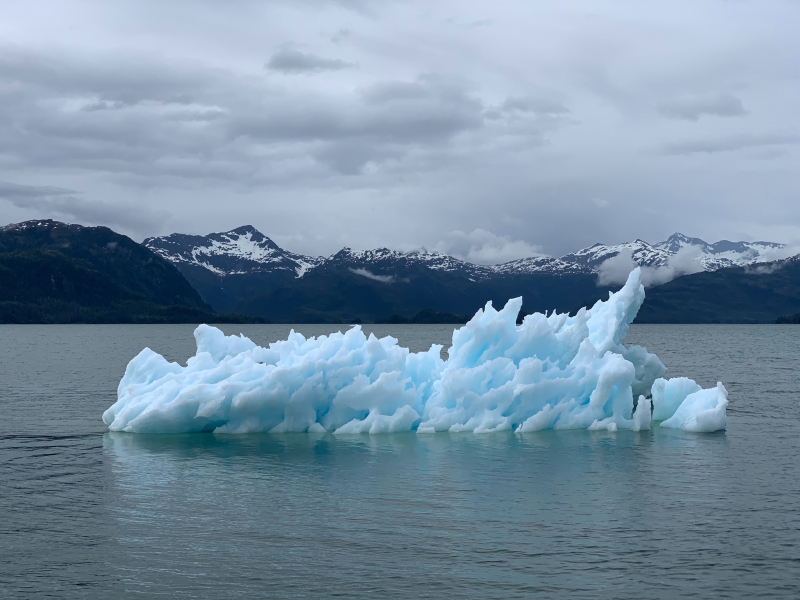
Melissa Bradley on Unsplash 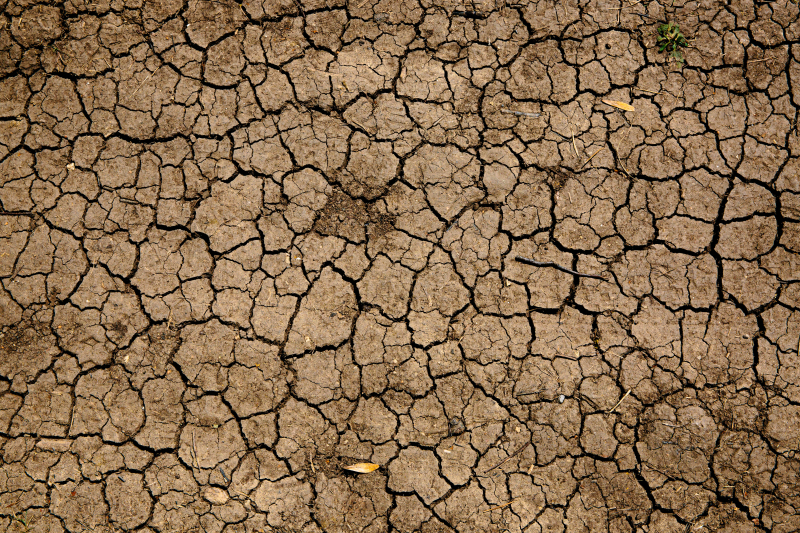
Mike Erskine on Unsplash -
One of the primary issues with water management in California is the state's outdated infrastructure. Many of California's water systems were designed in the early 20th century and have not been significantly updated since then. This means that much of the state's water supply infrastructure is over a century old and is prone to leaks and other issues.
Another issue is the way water is used in California. Agriculture is the largest user of water in the state, accounting for around 80% of all water usage. However, many farms still rely on outdated irrigation practices that waste large amounts of water. Additionally, there is no system in place to incentivize farmers to conserve water, which means that many are reluctant to change their practices.
In addition to these issues, there is also a lack of coordination between different agencies responsible for managing California's water supply. There are over 3,000 water districts in the state, each with its own set of rules and regulations. This means that water is often allocated inefficiently and is not distributed in a way that maximizes its use.
Finally, there is a lack of investment in water infrastructure and technology. While California has made some progress in recent years, there is still a significant amount of work that needs to be done to modernize the state's water systems. This includes investing in new technologies to improve water conservation and management and upgrading aging infrastructure to reduce waste and improve efficiency.
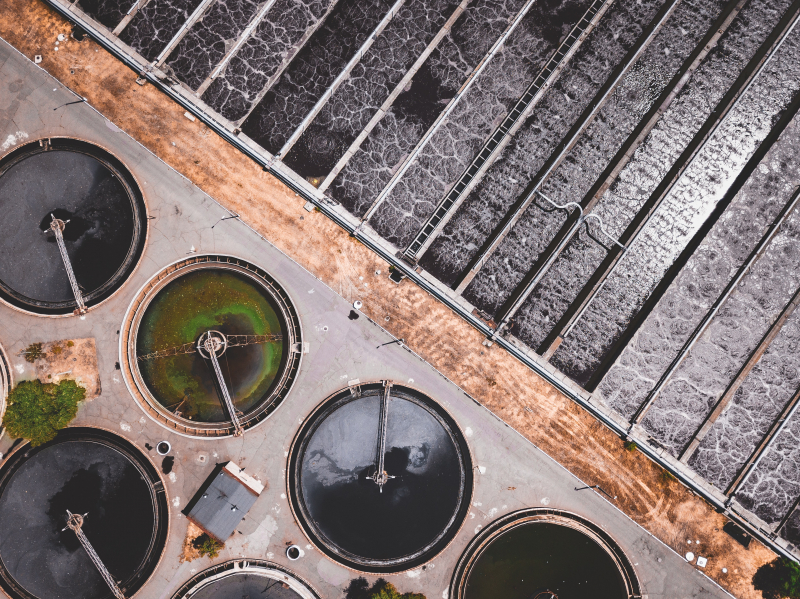
Ivan Bandura on Unsplash 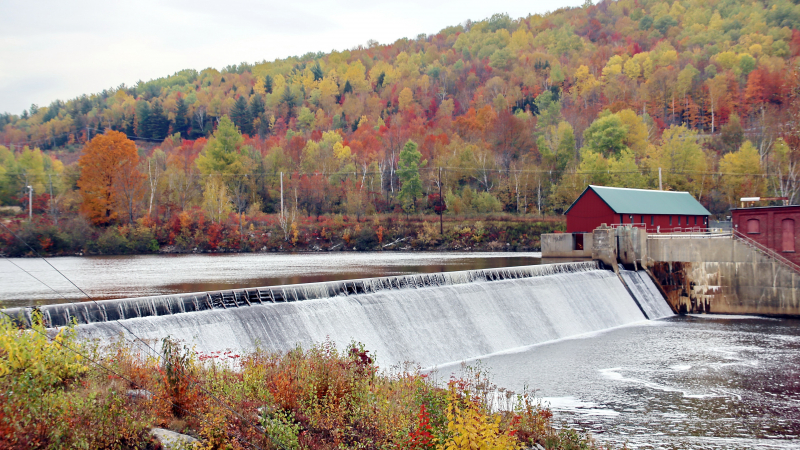
Mark König on Unsplash -
Groundwater is the water that is stored beneath the Earth's surface, in the spaces between rocks and soil particles. It is an important water source for many California communities, particularly in rural areas where surface water supplies may be limited. Groundwater is also used extensively in agriculture, one of the state's largest water-consuming industries.
However, the over-extraction of groundwater has led to a depletion of California's underground aquifers. This means that the state is losing access to a crucial water source during drought, when surface water supplies may be limited. In some areas, groundwater levels have dropped so low that wells have run dry, leaving communities without access to water.
Groundwater depletion has been a longstanding issue in California, but it has been exacerbated in recent years by a combination of factors. These include population growth, which has put more pressure on the state's water resources, and the ongoing drought, which has made surface water supplies even more scarce. Additionally, many farmers have turned to groundwater to irrigate their crops during drought conditions, further depleting the state's underground aquifers.
To address the issue of groundwater depletion, California has passed a number of laws and regulations aimed at promoting sustainable groundwater use. In 2014, the state passed the Sustainable Groundwater Management Act, which requires local agencies to sustainably develop plans to manage their groundwater resources. The goal of this legislation is to ensure that groundwater supplies are not depleted to the point where they are no longer available during times of drought.
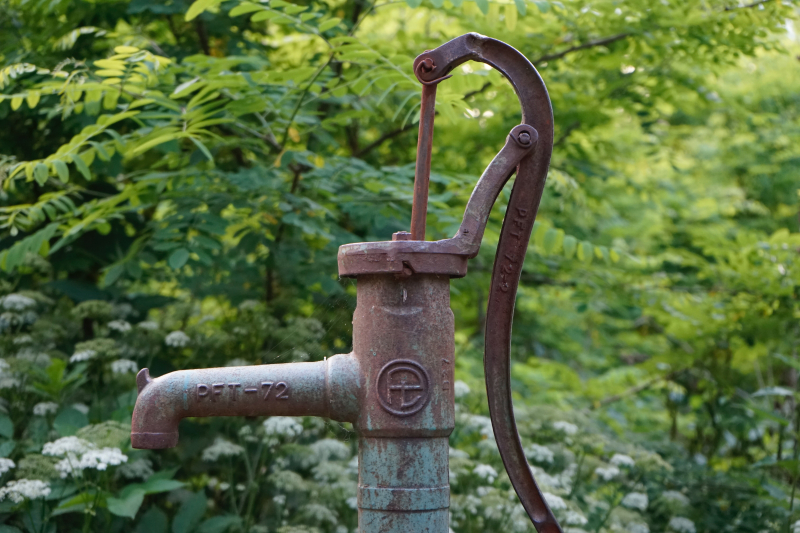
Vedrana Filipović on Unsplash 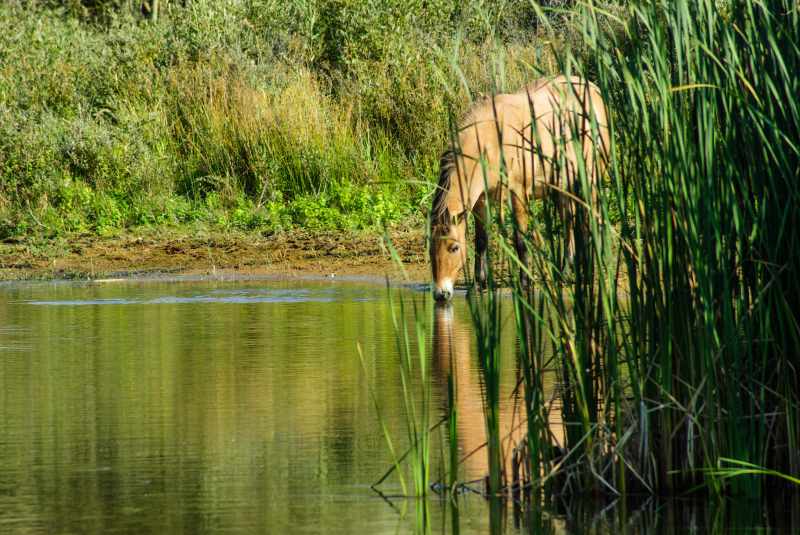
Steppeland - Lutgarde De Brouwer on Unsplash -
California is a semi-arid region that relies heavily on irrigation for agriculture and urban areas. However, the state receives only a fraction of the precipitation that falls on other parts of the country, such as the East Coast. This means that California must rely on other sources of water, including surface water from rivers and reservoirs, as well as groundwater.
The Colorado River is one of the primary sources of water for California. The river begins in Colorado and flows through seven US states before reaching Mexico. The Colorado River Basin provides water to over 40 million people, including cities such as Los Angeles, Las Vegas, and Phoenix. However, the river is facing significant challenges due to climate change and overuse.
The Colorado River Basin is experiencing its worst drought in over a century, and the water levels in Lake Mead, the largest reservoir on the river, have dropped to historic lows. This has led to water shortages and conflicts between the seven states that rely on the river. In addition, the Colorado River is facing increasing demand from other sectors, such as energy production and recreation.
California's overreliance on water from the Colorado River is a significant challenge to the state's water supply. The state is also facing challenges with other sources of water, such as the Sacramento-San Joaquin River Delta, which provides water to over 25 million Californians. The delta is facing challenges from pollution, invasive species, and sea level rise.
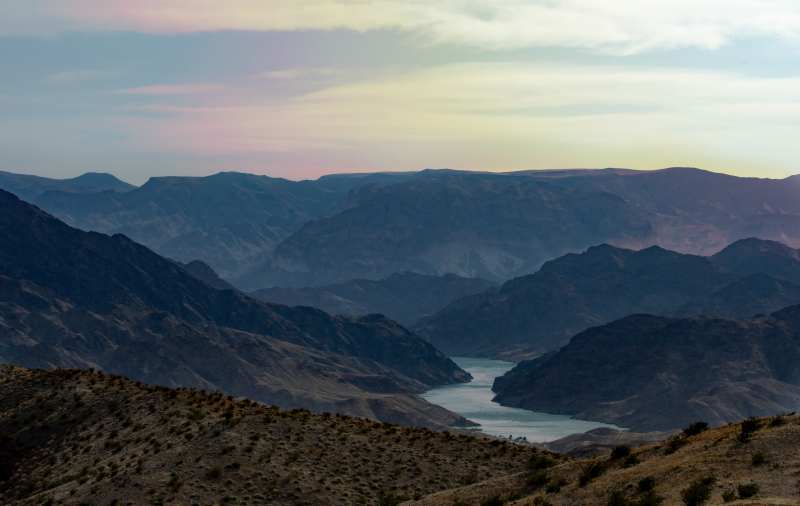
Gabriel Tovar on Unsplash 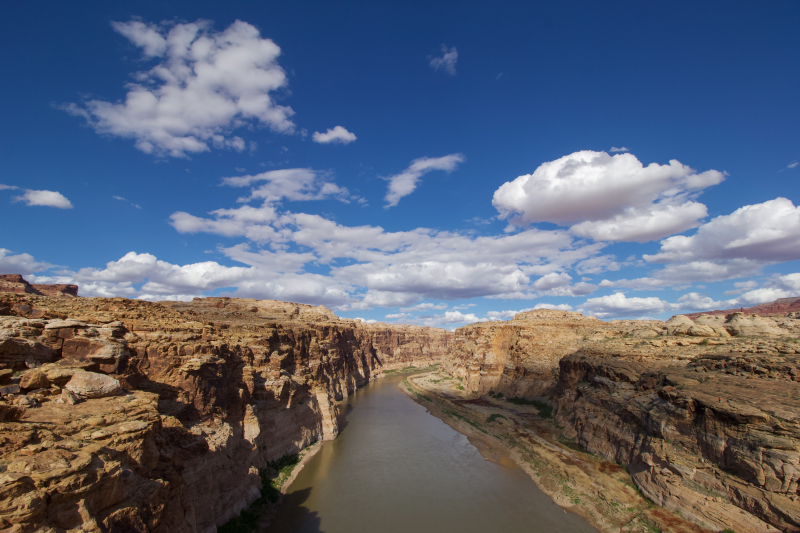
Leslie Cross on Unsplash

















